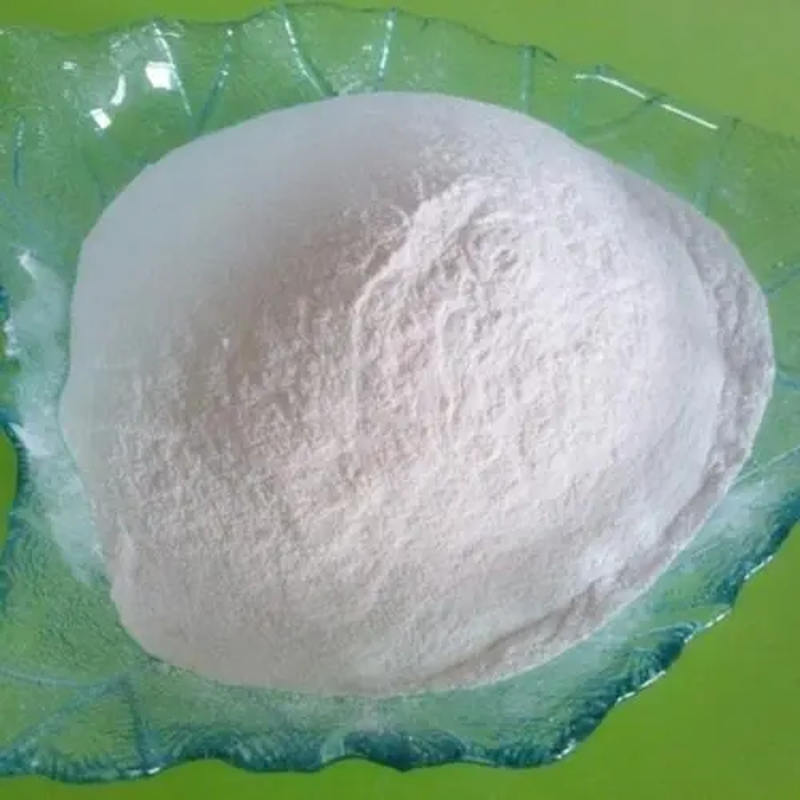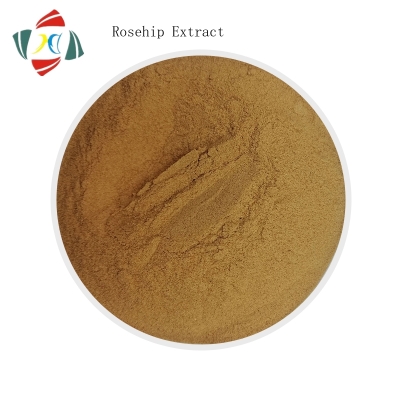Nature Plants . . . The team of Tsuda, a Japanese professor at Huazhong Agricultural University, used in situ bacterial transcription and proteomics in plants to identify pathogen proteins attacked by the immune system!
-
Last Update: 2020-07-21
-
Source: Internet
-
Author: User
Search more information of high quality chemicals, good prices and reliable suppliers, visit
www.echemi.com
On June 15, 2020, Beijing time, nature plants, an authoritative botanical journal, published the latest research results of Professor of Huazhong Agricultural University and independent PI Kenichi Tsuda team of Mapu Plant Molecular Breeding Institute.using in situ bacterial transcriptome and proteomics techniques in plants, researchers have established a gene regulatory network of pathogenic bacteria, reported the main regulatory pathways of pathogenic bacteria attacked by host immune system, and found that the plant immune system can target three types of secretion system elements of pathogenic bacteria, thus inhibiting the growth of pathogenic bacteria.the expression of bacterial pathogenic factors and the changes of plant immune components form a complex relationship in the interaction between plants and microorganisms.in-depth study of this complex interaction process is essential for a comprehensive understanding of how bacteria cause plant diseases and how plants protect themselves from pathogens. However, due to the existence of two main bottlenecks, people's research on how pathogens respond to plant immune response is limited.one of them is how to successfully isolate bacterial RNA from plant host cells.in order to overcome this obstacle, the first authors of this paper, Dr. Tatsuya nobori and Professor Wang Yiming and their colleagues used the method of pathogen isolation previously established in the laboratory to enrich bacterial RNA from plant leaves.Second, the change of bacterial mRNA level usually does not reflect the actual protein expression level.therefore, the author solved this problem by analyzing the expression of bacterial mRNA and protein at the same time.in order to study the gene expression patterns of bacteria during infection, Pseudomonas syringae and Arabidopsis thaliana were selected as research materials.through the analysis of mRNA and protein of Pseudomonas syringae, the authors found that the expression of RNA and protein of Pseudomonas syringae in the process of host infection was significantly different from that in vitro culture, especially in the early stage of plant pathogen interaction, which indicated that the changes of these early gene expression patterns were crucial to the process of plant infection.at the same time, in order to understand the effect of plant immunity on bacterial gene expression, we selected Arabidopsis mutant plants related to plant immune process.the analysis of bacterial transcription and protein changes in different mutant plants showed that plant immunity regulated by salicylic acid (SA) participated in the inhibition process of bacterial pathogenic mRNA and protein.by comparing the transcriptome and proteome data of bacteria, the authors found that the inhibition of bacterial gene and protein expression by SA mediated plant immunity was highly consistent.it is worth mentioning that SA mediated plant immunity can specifically inhibit the accumulation of top components of the three types of secretion system that mediate the entry of pathogenic toxin proteins into the host body.at the same time, SA pathway can also affect chemotaxis of pathogens, but the inhibition only occurs at the protein level, and there is no significant change in mRNA level.Professor Tsuda and his team obtained a large number of multi group data, which enabled them to further analyze the expression and regulation mode of each bacterial gene in the process of pathogen invasion.through the correlation and cluster analysis of 4765 gene expression, the researchers identified many unknown gene clusters that could participate in the bacterial growth process; at the same time, it also helped the author successfully predict the previously unknown transcription regulatory factors, and further verified that these transcription factors are indeed involved in the expression regulation of related genes and the pathogenicity of pathogenic bacteria.this study provides evidence for the transformation of bacterial genetic information into functional proteins in the process of analyzing plant pathogen interactions.is helpful to understand the molecular mechanism of plant immunosuppressive pathogen infection.this research method can also be potentially used to study the interaction between different plant species including crops and other pathogens and symbionts, providing solutions for optimizing crop molecular breeding.Professor, School of plant science and technology, State Key Laboratory of agricultural microbiology, Huazhong Agricultural University, and independent PI Kenichi Tsuda of Mapu Plant Breeding Research Institute are the corresponding authors of the paper. Dr. Tatsuya nobori and Professor Wang Yiming, School of plant protection, Nanjing Agricultural University, are co authors of the paper.the project was supported by Huazhong Agricultural University's high-level talents project, independent science and technology innovation fund, State Key Laboratory of agricultural microbiology, Mapu society and German science foundation.at present, the team of Professor Tsuda has 2 professors, 2 postdoctoral students, 3 doctoral students, 7 master students and 2 technicians.we are vigorously recruiting postdoctoral students who are interested in relevant majors to carry out scientific research together. For details, please refer to other tweets of this day.paper link: plant biotechnology PBJ communication group in order to more effectively help the majority of scientific research workers to obtain relevant information, plant biotechnology PBJ established a wechat group, plant biotechnology Journal submission and literature related issues, official account number and official account submission will be focused on solving problems in the group, and encourage academic exchanges and academic thinking in the group.in order to ensure a good discussion environment in the group, please add a small wechat first, scan the QR code to add, and then we will invite you to join the group in time.tip: when adding small wechat and after joining the group, please be sure to note the name of school or unit + at the end of PI, we will invite you to join Pi group.
This article is an English version of an article which is originally in the Chinese language on echemi.com and is provided for information purposes only.
This website makes no representation or warranty of any kind, either expressed or implied, as to the accuracy, completeness ownership or reliability of
the article or any translations thereof. If you have any concerns or complaints relating to the article, please send an email, providing a detailed
description of the concern or complaint, to
service@echemi.com. A staff member will contact you within 5 working days. Once verified, infringing content
will be removed immediately.







